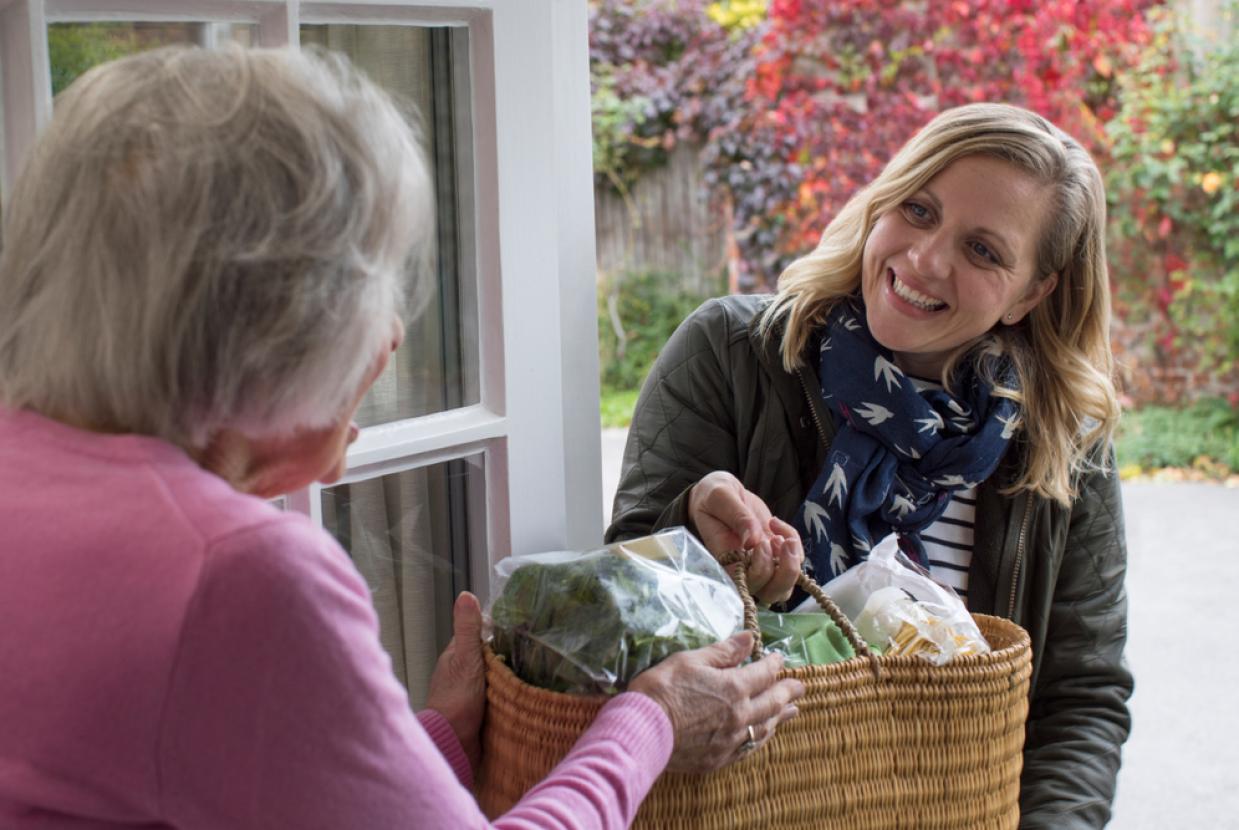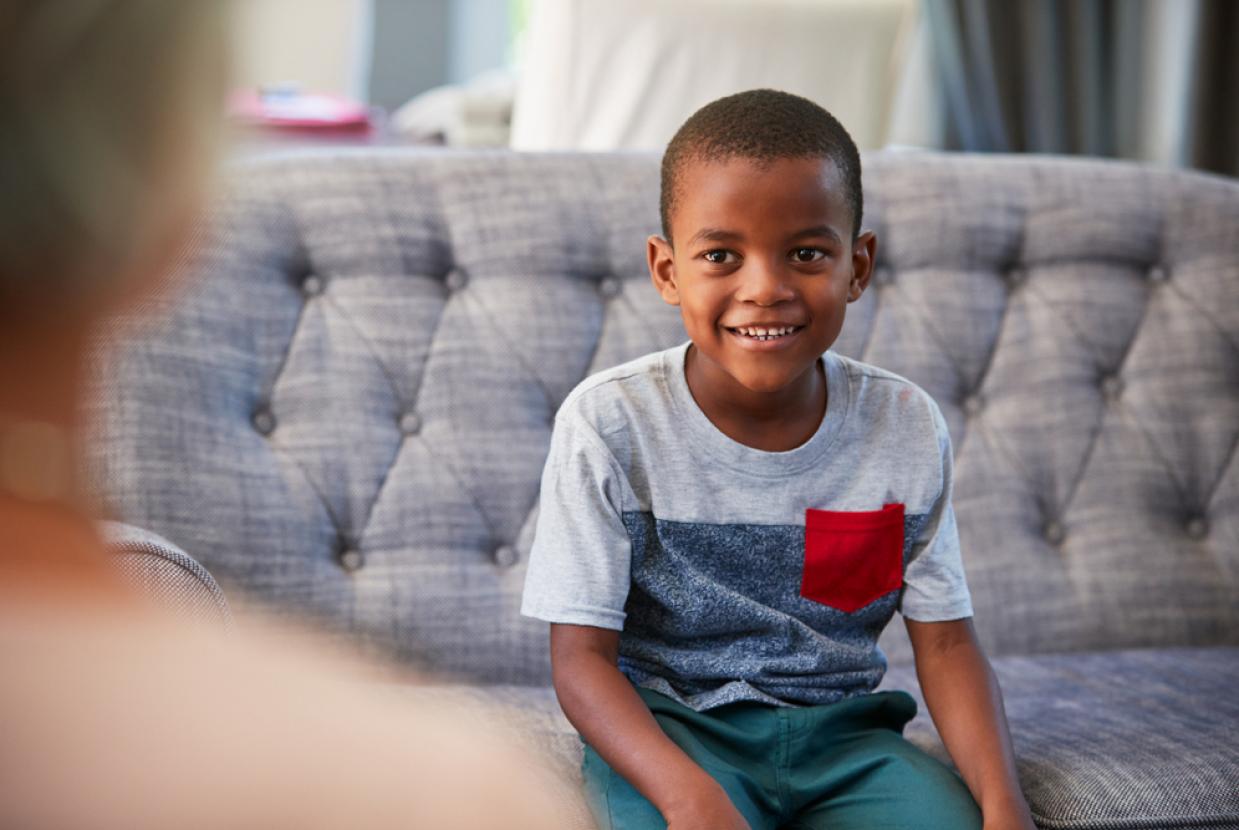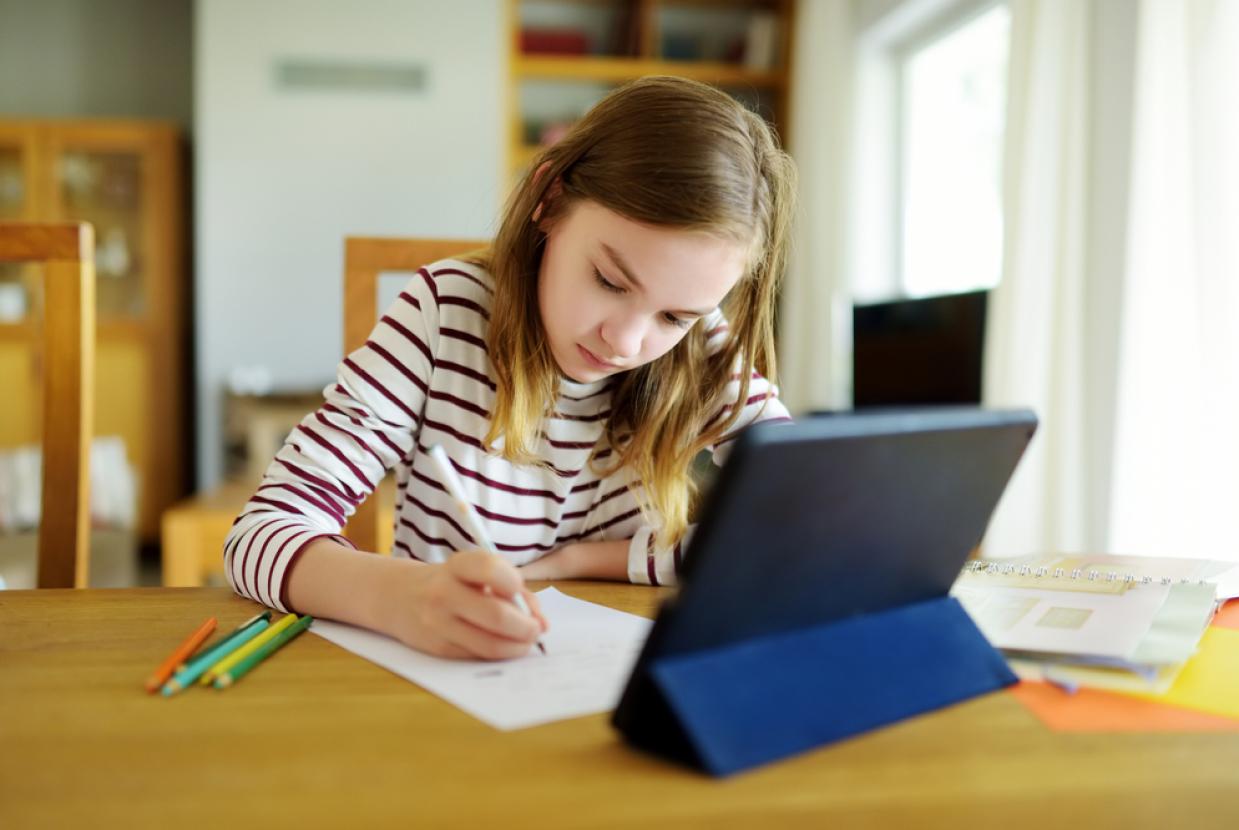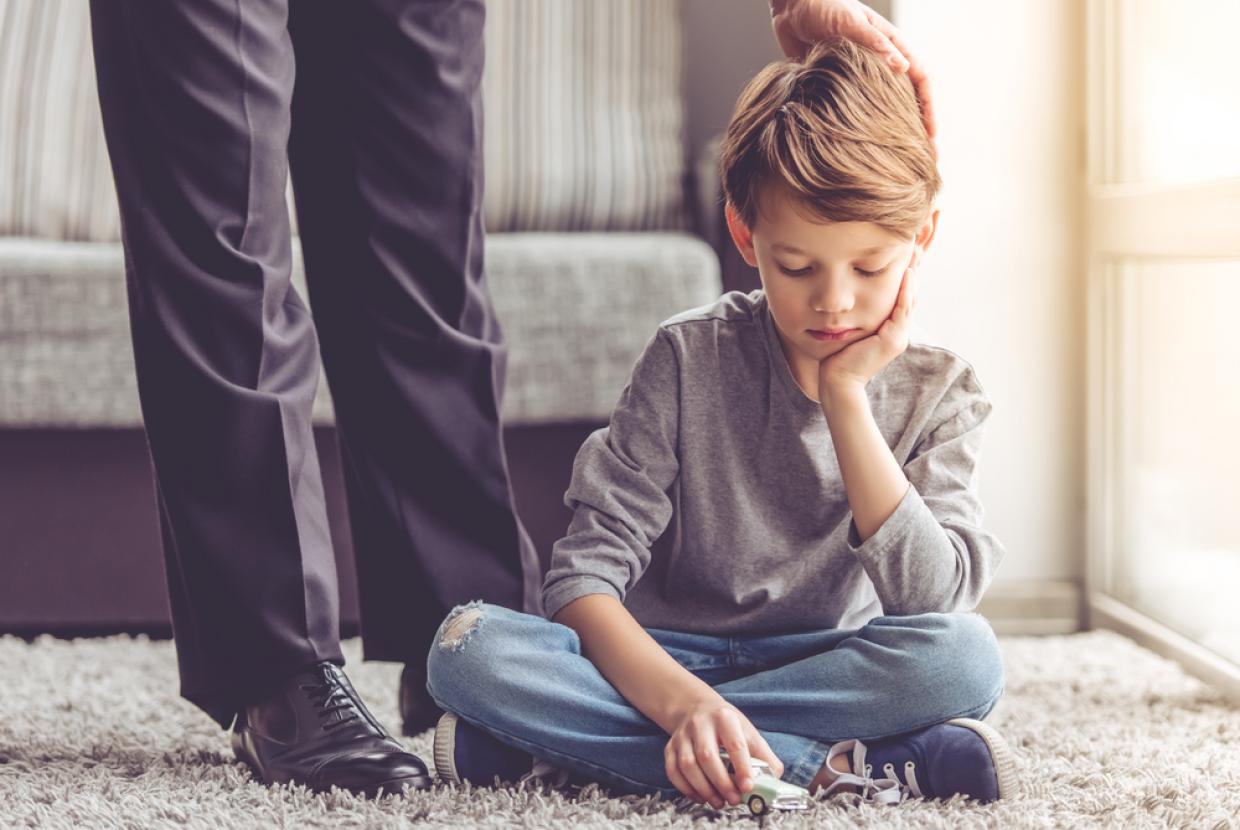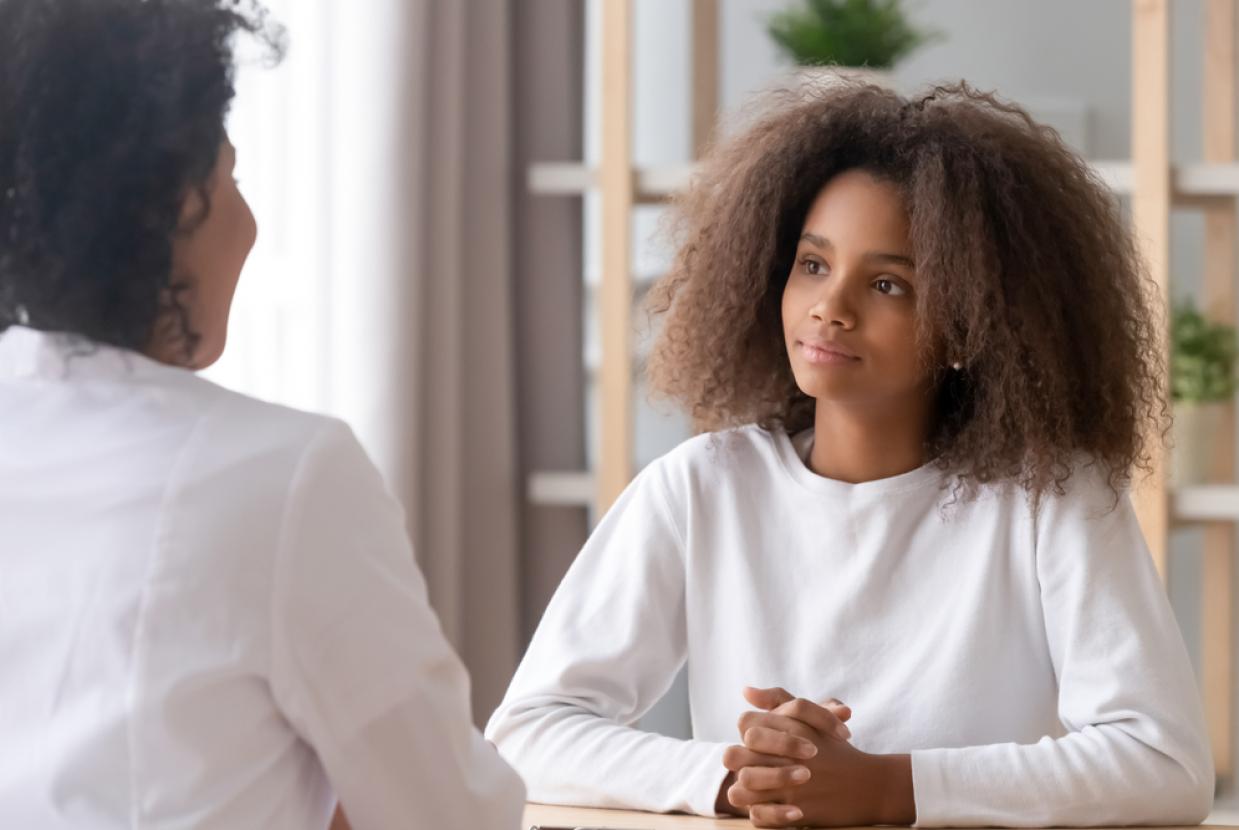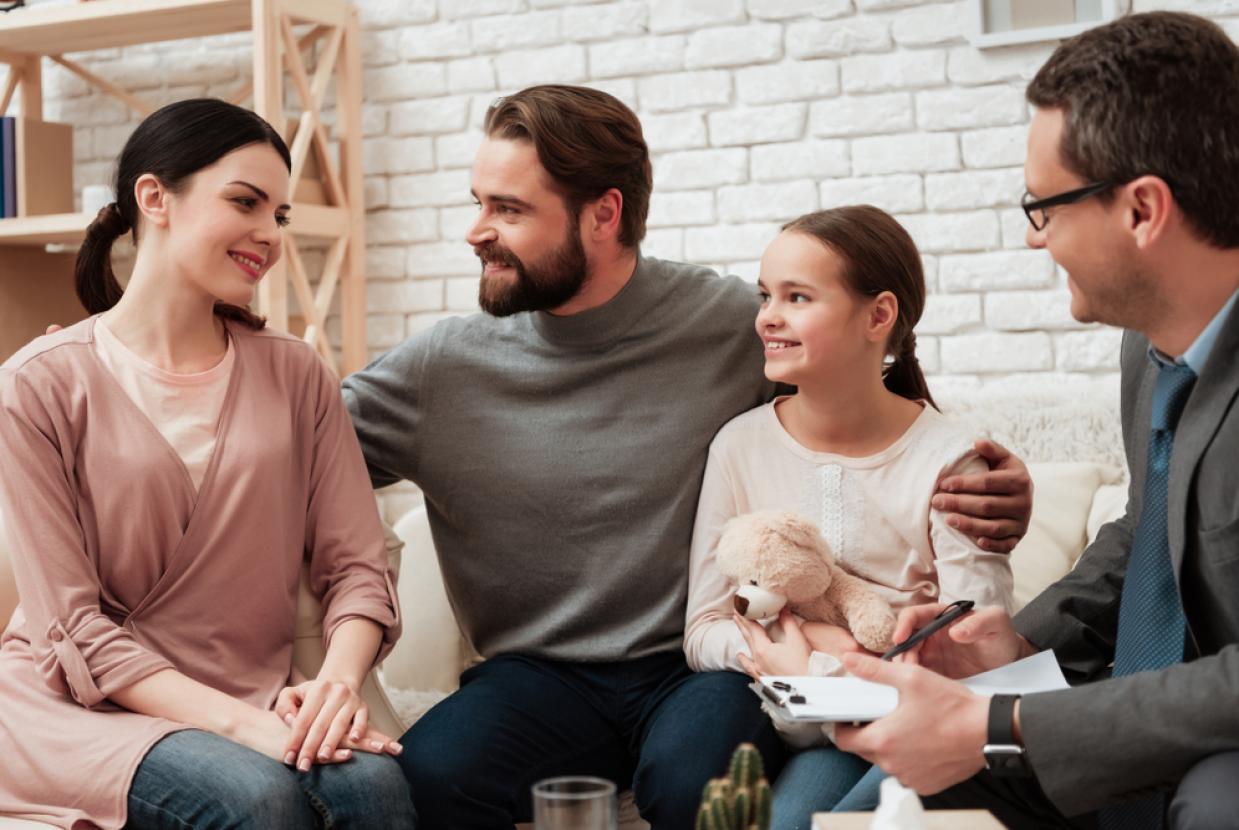Physical Activity Guidelines For Children
Being physically active every day is important for the healthy growth and development of babies, toddlers and preschoolers. For this age group (<5 years), activity of any intensity should be encouraged, including light activity and more energetic physical activity. The amount of physical activity you need to do each week is determined by your age.
Babies
Babies should be encouraged to be active throughout the day, every day. Before your baby begins to crawl, encourage them to be physically active by reaching and grasping, pulling and pushing, moving their head, body and limbs during daily routines, and during supervised floor play, including tummy time. Once babies can move around, encourage them to be as active as possible in a safe, supervised and nurturing play environment.
Toddlers
Children who can walk on their own should be physically active every day for at least 180 minutes (3 hours). This should be spread throughout the day, indoors or outside.
The 180 minutes can include light activity such as standing up, moving around, rolling and playing, as well as more energetic activity like skipping, hopping, running and jumping.
Active play, such as using a climbing frame, riding a bike, playing in water, chasing games and ball games, is the best way for this age group to get moving.
All children aged under 5
Children under 5 should not be inactive for long periods, except when they're asleep. Watching TV, travelling by car, bus or train, or being strapped into a buggy for long periods are not good for a child's health and development. There's growing evidence that such behaviour can increase their risk of poor health.
All children under 5 who are overweight can improve their health by meeting the activity guidelines, even if their weight doesn't change. To achieve and maintain a healthy weight, they may need to do additional activity and make dietary changes.
What counts as light activity for children?
Light activity for children includes a range of activities, such as:
- standing up
- moving around
- walking
- less energetic play
What counts as energetic activity for children?
Examples of energetic activities suitable for most children who can walk on their own include:
- active play (such as hide and seek and stuck in the mud)
- running around
- jumping on a trampoline
- riding a bike
- dancing
- swimming
- climbing
- skipping rope
- gymnastics
Energetic activity for children will make kids "huff and puff" and can include organised activities, such as dance and gymnastics. Any sort of active play will usually include bursts of energetic activity.






